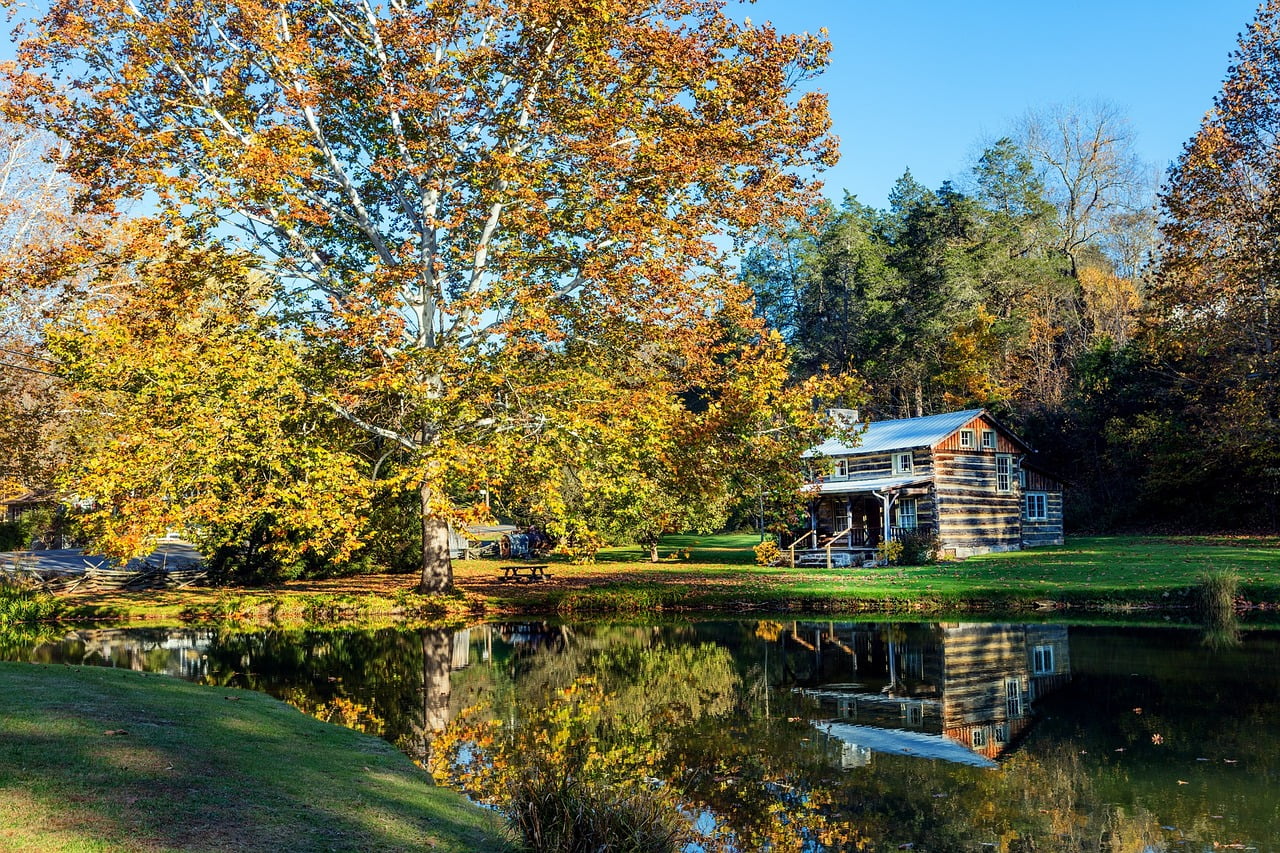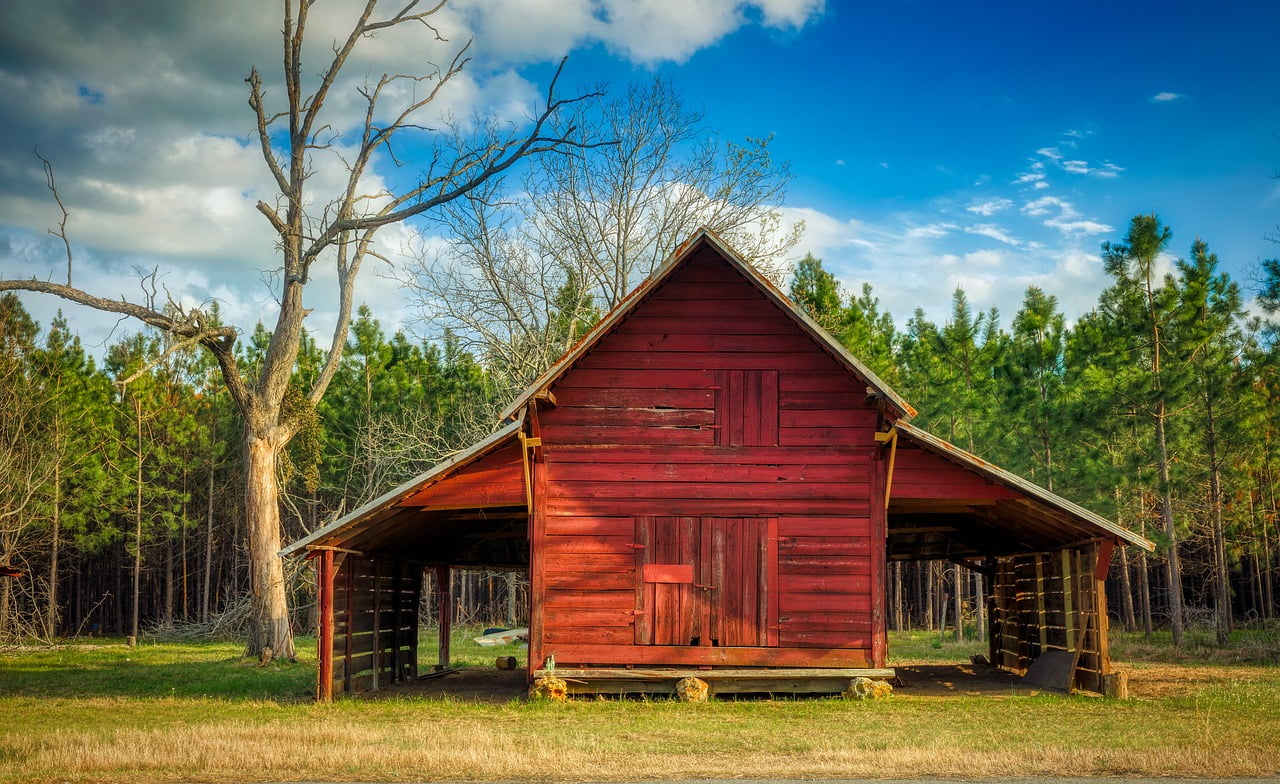Call it by its name: the gem of New England, the Green Mountain State, or perhaps, the Republic of New Connecticut—for historical buffs.
The truth is Vermont’s scenic landscapes and charming streets will entice you with their uniqueness. From its sparkling lake towns to fine arts and dining districts, it’s an appealing place for any newcomer.
But when the dust settles and the euphoria of being in a new state begins to fade, is life in Vermont still worth the move?
Just like any state, there’s the good and bad side, the reason to stay and the deal breaker to pack your bags — and Vermont is no exception!
Let’s lay it out as it is for you. Here is an in-depth description of life here, highlighting the pros and cons of living in Vermont.
Quick Facts About Vermont
- Population: 647,064
- Capital: Montpelier
- Biggest City: Burlington
- Nickname: The Green Mountain State
- Best Known For: Rolling hilly mountains, locally-produced food, largest maple syrup producers
Pros of Living in Vermont
Is Vermont a good place to live… alone or with your family? Well, it depends on if the best parts of the city are enough to convince you to stay.
Picturesque city with natural, scenic landscapes
On your first visit to Vermont, it’s unlikely not to catch a cool view of the stunning landscapes and captivating rolling hills in towns like Stowe.
Hold your horses, that’s not all. On a warm summer day, keep your eyes glued as the soft shades of red and orange of the sunset melt the waters of Lake Champlain in Burlington.
In the fall season, Vermont’s true vibrant colors take their stance and stun with the foliage displayed in reds, yellows, and oranges. It’s the most picture-worthy time of the year.
Endless outdoor adventures
If nothing else stirs you up about what life feels like for a local in Vermont, the state’s outdoor scene definitely will!
Nature lovers and adventure seekers will have an entire month’s worth of activities to explore back-to-back. Whether you’re biking or hiking a mountain path, kayaking, fishing, or paddle boarding on the waters, there’s no shortage of unique activities to engage in.
If you’re up for a little challenge, it’s best to start any of your adventures by hiking the Camel’s Hump Trail — the state’s second-tallest summit.
Other fun activities to engage in include:
- Take a tour of the Ben & Jerry’s in Waterbury for a unique ice cream tasting and making experience.
- Walk, run, or bike on the 14-mile-long Island Line Trail connecting Burlington to Colchester and South Hero.
- Get your goggles and hit the ski slopes of Stowe Mountain Resort in Stowe.
- Go back in time to the Shelburne Museum at Shelburne for historical lessons on Vermont’s past.
Deep-rooted history and cultural heritage
The home of a diverse and rich cultural scene where festivals meet local art fairs and intriguing historical celebrations.
Cultural significance and annual celebrations are a norm in the state. Some of these include:
- Manchester Music Festival
- Vermont Maple Festival
- Stowe Foliage Art Festival
- A Day in the Sun: The Spirit of Vermont
- Wallflower Fest
Vermonters take pride in preserving their culture and everything that represents their history. From maintaining some of its colonial-style architecture in towns like Woodstock and Bennington to the numerous museums showcasing historic artifacts and folk art.
Presence of a health-conscious community spirit
Vermont residents place a ton of value on their wellness and overall health.
Just a day in any of the state’s top cities like Burlington, the tons of green spaces, parks, and clean energy usage highlights the efforts to ensure the best quality of life for its locals.
Two community initiatives; the Vermont Land Trust, which is tasked with conserving acres of land for preservation purposes, and the Vermont Clean Energy Development Fund, which supports renewable energy projects across the state.
Plus, you can’t forget organic farming and agricultural sustainability, which ensure fresh produce consistently becomes the meal of the day.
Top-quality food and drink culture
Among the many pros and cons of living in Vermont, the farm-to-table food culture is a major allure for individuals who like fresh produce.
In fact, the entire cuisine menu is a must-taste while in the state. From the famed maple syrup to the amazing craft beers, cheese, and locally sourced ingredients, you will fall in love with Vermont faster than you know it.
Remember the craft beer scene mentioned earlier? It’s more than amazing. There are more breweries per capita in Vermont than in any other state — you’ll be spoiled for choice here.
A few honorable mentions of unique breweries include:
- Hill Farmstead in Greensboro Bend
- The Alchemist in Stowe
- Foam Brewers in Burlington
Highly secured cities and neighborhoods
If you’re looking for one of the safest states in the U.S., Vermont makes a compelling argument to be in your top 3.
Crime, both violent and property, falls well below the national average and is relatively rare. The chances of falling victim to violent crime are 1 in 451, and property crime is 1 in 60 — a more than fair bet!
| per 1,000 residents | Vermont Average | National Average |
| Violent Crime | 2.22 | 4.0 |
| Property Crime | 16.71 | 20.0 |
Here’s a short list of the safest cities to call home in Vermont:
- Shelburne
- Barre Town
- Swanton
- Middlebury
Cons of Living in Vermont
Is Vermont a nice place to live in?
Let’s take a walk down the dark alley that might keep you second-guessing your move to the state.
Cost of living is high
While the living costs aren’t comparable to places like California, your wallet will feel the 16% spike as a resident earning the state’s median compared to other areas in the U.S.
Vermont is among the most expensive states to live in America.
Of course, the median individual and household income can help you live comfortably, but once you pay off that monthly rent or utility, you might begin to rethink your decision to reside here.
- Average House Rent: $2,299
- Median Home Value: $402,217
Note:
Luckily, there are a few considerably affordable places to live in the state to mitigate the expenses — Rutland, Brattleboro, and Bennington.
Limited job opportunities
You better have a job waiting for you before coming to the state; otherwise, you’ll have a difficult time keeping the lights on and your phone running.
Unemployment rates might be low, but it doesn’t mean there are available jobs. The average Vermont local is self-sufficient and agriculturally driven, with little to no care for white-collar jobs.
Vermont’s economy focuses mostly on agriculture and tourism. Tech and IT services aren’t very prominent, so people with promising careers in fields that drive areas like Silicon Valley should really not move here.
- Median Household Income: $74,014
- Unemployment Rate: 2.1%
- Poverty Rate: 10.4%
Mediocre transport system
If you’re hellbent on living in Vermont with the known pros and cons, you better come with a personal car.
The entire state has more secluded and rural towns than urban areas. Even big cities like Burlington still lack good public transport options that could serve well for the locals.
It becomes even worse during the winter months. There’s less road maintenance, and even car owners experience difficulty commuting between urban and rural areas.
Scarce entertainment and nightlife options
Forget the hustle and bustle that comes with life in the larger cities like Boston or New York, Vermont won’t offer you much of a substitute.
The state has a much slower pace of life and laid-back vibe that appeals to the residents, but it might not for you.
Burlington might have a little escape fun activity that could excite you, but those extreme entertainment and nightlife fun are pretty nonexistent here.
Summary — Pros and Cons of Living in Vermont
Yet to make a decision? While the highlighted pros and cons of living in Vermont are enough to help you make an informed decision, let’s throw in a few bonuses.
- Short, mild summers; long, harsh winters.
- Trade urban amenities for access to some of the best schools in the region.
- There are friendly community folks, but don’t expect to meet a lot of people with diverse views like in Massachusetts.
So, ask yourself, “What are you willing to trade off by coming to Vermont?” Either way, the state has a lot that you might just love!




